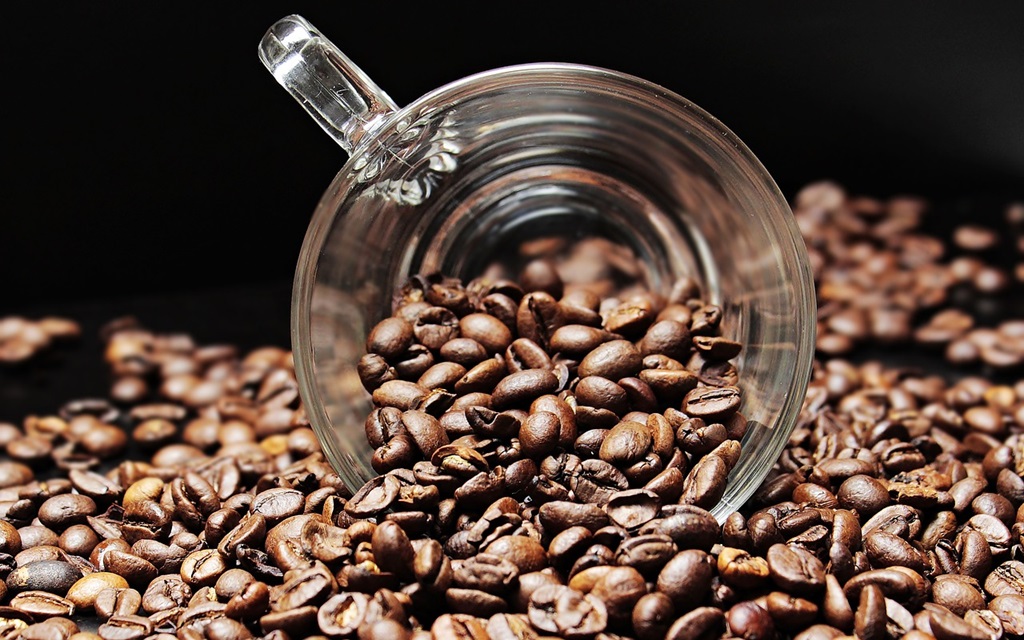Coffee enthusiasts often find themselves on a quest for the perfect cup, and it all starts with high-quality coffee beans. In this guide, we’ll explore seven tips to help you identify and choose the best beans for your brew. From understanding the basics of coffee types to delving into the intricacies of aroma and roast levels, we’ve got you covered.
In a world where coffee is more than just a morning ritual, the quality of the beans becomes paramount. Before we dive into the tips, let’s acknowledge the significance of starting with excellent coffee beans. The journey to a perfect cup begins with the beans you choose.
Know Your Coffee Types
The first step in identifying high-quality coffee beans is understanding the types available. Arabica and Robusta are the two primary species, each offering unique flavors and characteristics. Arabica, known for its nuanced taste and higher acidity, contrasts with Robusta, which boasts a stronger, more robust flavor. Knowing your preference sets the foundation for your coffee exploration.
Check the Origin
Just like wine, coffee flavor is heavily influenced by its origin. Different regions produce beans with distinct characteristics. Whether it’s the fruity notes of Ethiopian coffee or the chocolatey undertones of beans from Central America, exploring origins enhances your appreciation of coffee.
Examining Bean Appearance
High-quality coffee beans have certain visual cues. Look for beans that are uniform in size, with a smooth and unblemished surface. Any discoloration or irregularities could indicate lower quality. Remember, the appearance of the bean is the first indicator of what awaits in your cup.
Aroma Matters

The aroma of coffee beans is a telling factor in their quality. Freshly roasted high-quality beans emit a rich, inviting scent. Take a moment to inhale deeply and savor the aroma. A strong, pleasant fragrance is a good sign that you’re dealing with premium coffee beans.
Consider the Roast Level
Roast level significantly impacts the flavor profile of coffee. Light roasts highlight the bean’s natural characteristics, while dark roasts introduce bold, smoky notes. Understanding your preference for roast level ensures that every cup aligns with your taste preferences.
Check the Packaging
The journey from roaster to cup involves protecting the beans from external factors. High-quality coffee is often packaged with care, ensuring freshness is preserved. Look for airtight bags with one-way valves, which allow gases from the beans to escape without letting air in.
Read Customer Reviews
In the digital age, the experiences of other coffee enthusiasts can be valuable. Before making a purchase, explore online reviews. Pay attention to details like flavor descriptions, brewing methods, and overall satisfaction. Customer reviews provide real insights into the quality of the beans you’re considering.
Brewing Tips for High-Quality Coffee
Once you’ve secured a batch of high-quality beans, the next step is brewing. Consider experimenting with different brewing methods to find the one that complements your chosen beans. Whether it’s a pour-over, French press, or espresso machine, the brewing process plays a crucial role in extracting the best flavors.
The Relationship Between Price and Quality
While it’s tempting to associate higher prices with better quality, the reality is more nuanced. Expensive coffee doesn’t always guarantee an exceptional taste. Strike a balance by exploring various options within your budget, and let your taste buds guide your choices.
Sustainability and Quality
For many coffee lovers, the journey doesn’t end with flavor—it extends to ethical considerations. Supporting sustainable and environmentally friendly practices in the coffee industry contributes to both quality and a cleaner conscience. Look for certifications like Fair Trade and Rainforest Alliance when making your coffee selections.
Exploring Unique Coffee Varieties

Beyond the popular Arabica and Robusta, there’s a world of unique coffee varieties waiting to be discovered. From Geisha to Bourbon, these lesser-known beans offer distinctive flavors that can elevate your coffee experience. Step out of your comfort zone and explore the diversity within the world of coffee.
The Art of Pairing Coffee with Food
Coffee isn’t just a beverage; it’s a versatile companion to various foods. Experiment with pairing your high-quality coffee with different snacks or meals. The right combination can enhance the overall taste experience, making each sip a culinary adventure.
Storing Coffee Beans Correctly
Preserving the freshness of high-quality coffee beans is crucial for maintaining their flavor. Store your beans in a cool, dark place, preferably in an airtight container. Avoid placing them in the refrigerator, as coffee beans can absorb odors. With proper storage, you ensure that every cup is a delightful experience.
Conclusion
Choosing high-quality coffee beans is a journey that combines knowledge, sensory exploration, and personal preference. By following the tips outlined in this guide, you empower yourself to make informed decisions about the beans that fuel your coffee passion. Remember, the pursuit of the perfect cup is as much about the journey as it is about the destination.
FAQs
-
How can I tell if coffee beans are fresh?
- Look for beans with a shiny surface, a strong aroma, and a recently stamped roast date.
-
Do expensive coffee beans always taste better?
- Not necessarily. Taste preferences vary, and high prices don’t guarantee a perfect match for your palate.
-
Why is the origin of coffee beans important?
- The region where coffee is grown influences its flavor profile, giving each batch unique characteristics.
-
What brewing method is best for high-quality beans?
- Experiment with different methods, such as pour-over or French press, to find what suits your taste.
-
Can I store coffee beans in the freezer?
- It’s not recommended, as coffee beans can absorb odors from the freezer, affecting their taste.



